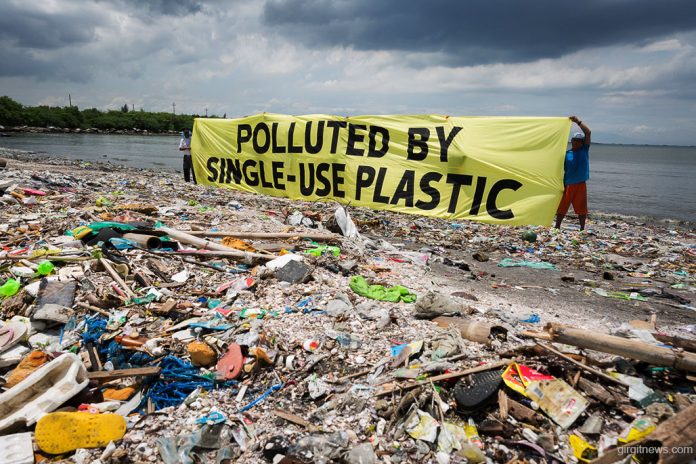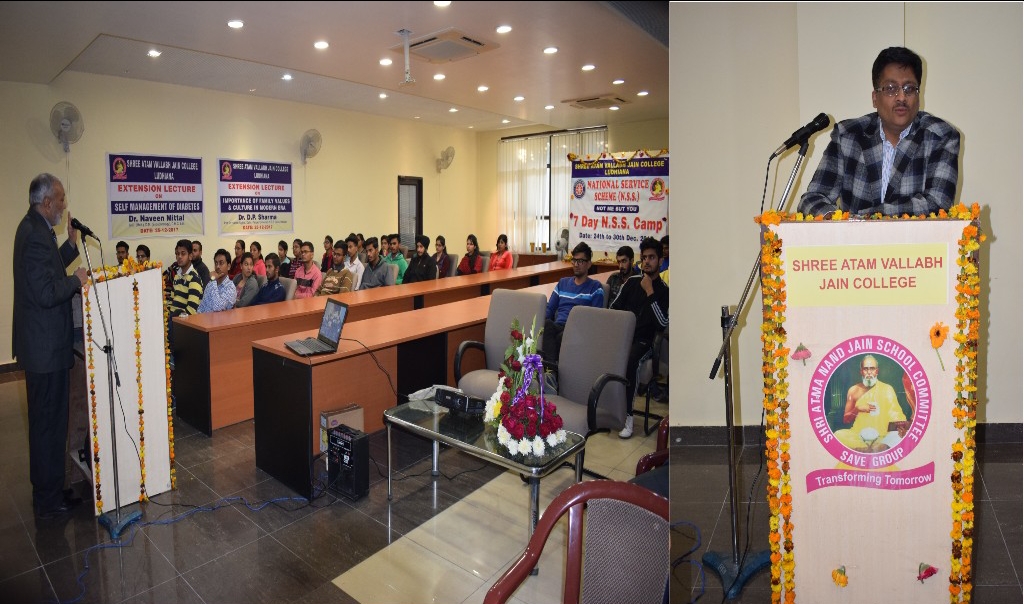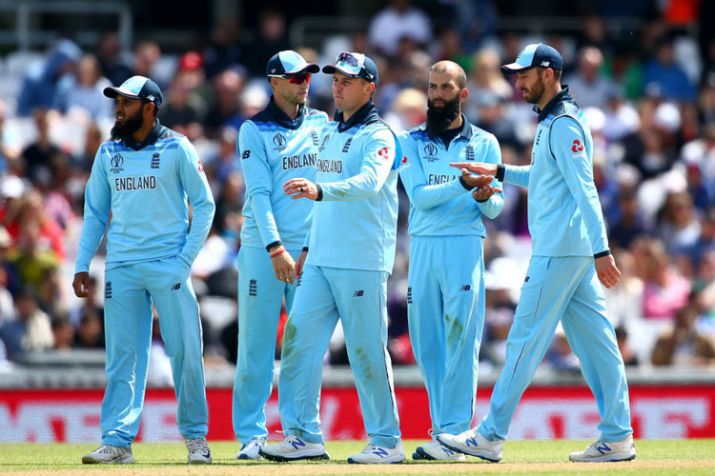The pollution in the ocean is mostly from plastic, and it has a terrible impact on marine species. As a result, it can hurt the economy and food supply for communities that rely on fishing.
Plastic can hurt tiny organisms like plankton, which larger animals rely on for food. If small organisms are poisoned from ingesting plastic, the animals that eat them will also consume toxins. The toxins work their way up the food chain and can even be present in the fish people eat.
Not only does plastic cause damage to the ocean, but it can also damage groundwater sources. Many regions are already facing issues with , but water sources everywhere are in danger because of plastic pollution. Plastic toxins in dumps and from litter can seep into the groundwater, which people drink every day.
On land, wind can carry plastic waste or litter throughout the environment. It can get stuck in trees, fences, traffic lights, or other structures. When animals come into contact with this plastic waste, they risk consuming the toxins or becoming entangled in the plastic and suffocating. If an animal consumes a piece of plastic, the plastic can clog its stomach while also poisoning it with toxins. Almost 200 different species of animals are known to ingest plastic debris.
Air pollution is another issue for humans and animals. When plastic is burned in the open air, it releases large amounts of toxins, which pollutes the air. If the toxins are inhaled for a long period of time, it can lead to respiratory problems.
As the world’s population increases, land becomes more valuable, and it will soon become difficult to find places to put garbage. Over time, landfills and dumps will take up more land, invading animals’ habitats and coming even closer to groundwater sources.
In addition to harming plants, animals, and people, it costs millions of dollars every year for cleanup of areas exposed to plastic toxins. Many regions have seen a decrease in tourism because of the amount of pollution in their environment, which can have a serious impact on local economies.
Solutions to the Plastic Pollution
Consumers can help fix the problem by making an effort to reduce plastic waste. A great way to reduce waste is to use reusable bags when you grocery shop. People often leave stores with dozens of plastic bags that just get thrown away.
Drinking from a reusable water bottle instead of a disposable one can also be very helpful. If everyone drank the recommended amount of water per day from disposable bottles, it would create an unbelievable amount of plastic waste.
You can also avoid to-go containers like cups from coffee shops and styrofoam containers for leftovers from restaurants. Instead, purchase reusable containers to cut down on waste.
Avoid using plastic straws, even in restaurants. If you like using straws, you can purchase a reusable glass or stainless steel straw. Try to buy household products like laundry detergent in cardboard boxes instead of plastic bottles. If you use plastic lighters frequently, consider investing in a metal refillable lighter instead. Even small changes in your day-to-day life can add up and greatly reduce the amount of plastic waste in the environment.
After reducing your plastic use as much as possible, recycle everything you can. Jars, milk jugs, batteries, and even items like crayons and ink cartridges can be recycled.
If you’re passionate about decreasing plastic waste and reducing pollution in the environment, you can become an advocate in your community. Speak to local restaurants, shops, or other businesses about environmentally-friendly packaging and bagging options. More and more businesses are decreasing their use of plastic supplies because of environmental concerns, and local businesses are likely to take their patrons’ suggestions seriously.
You can also speak to lawmakers or local government members about plastic pollution. Get your friends, neighbors, and other community members involved, too. The more people in the community who speak up about pollution, the more likely your local politicians are to pay attention.
via; earth eclipse













